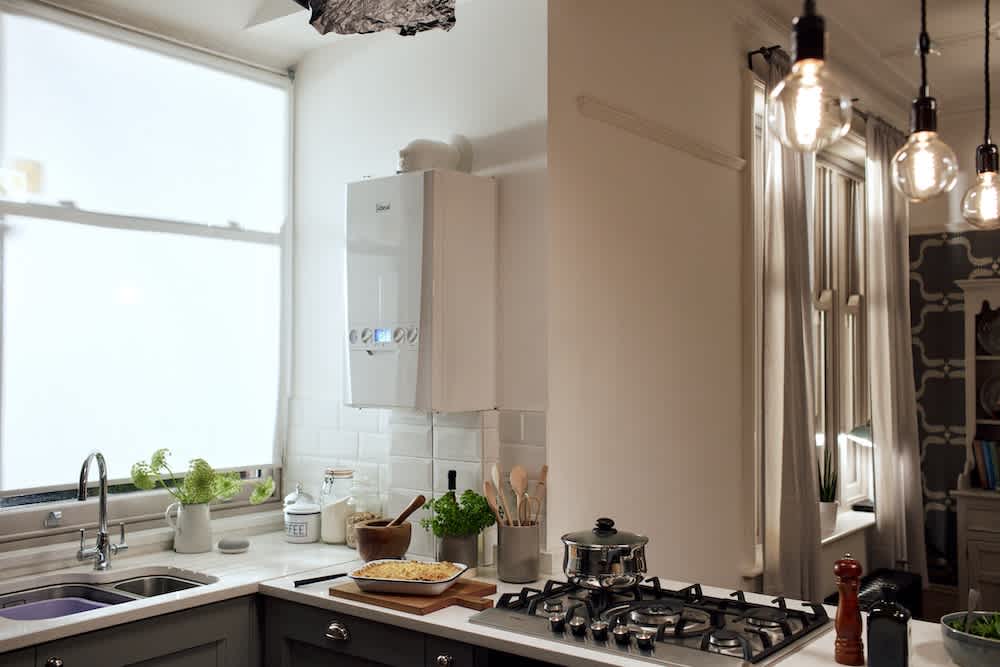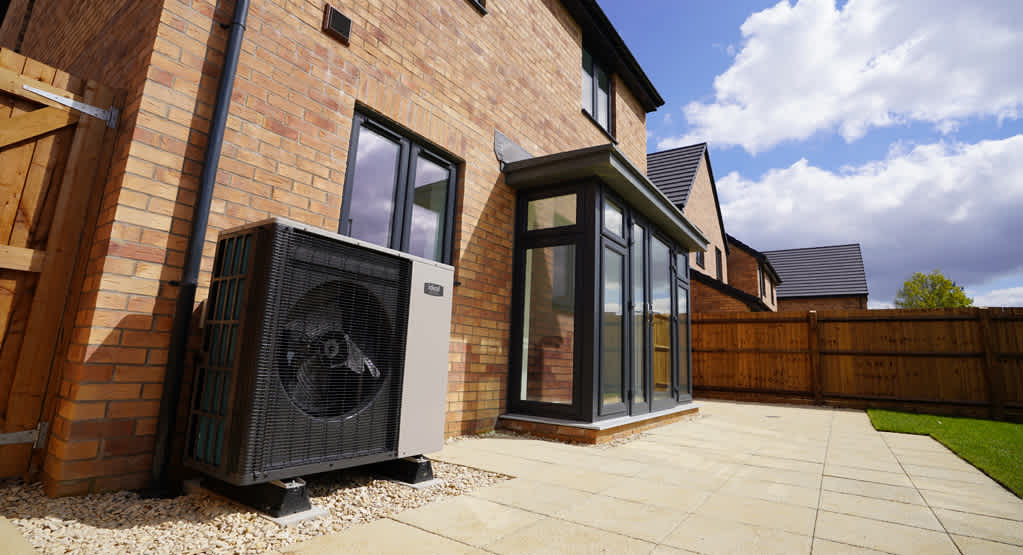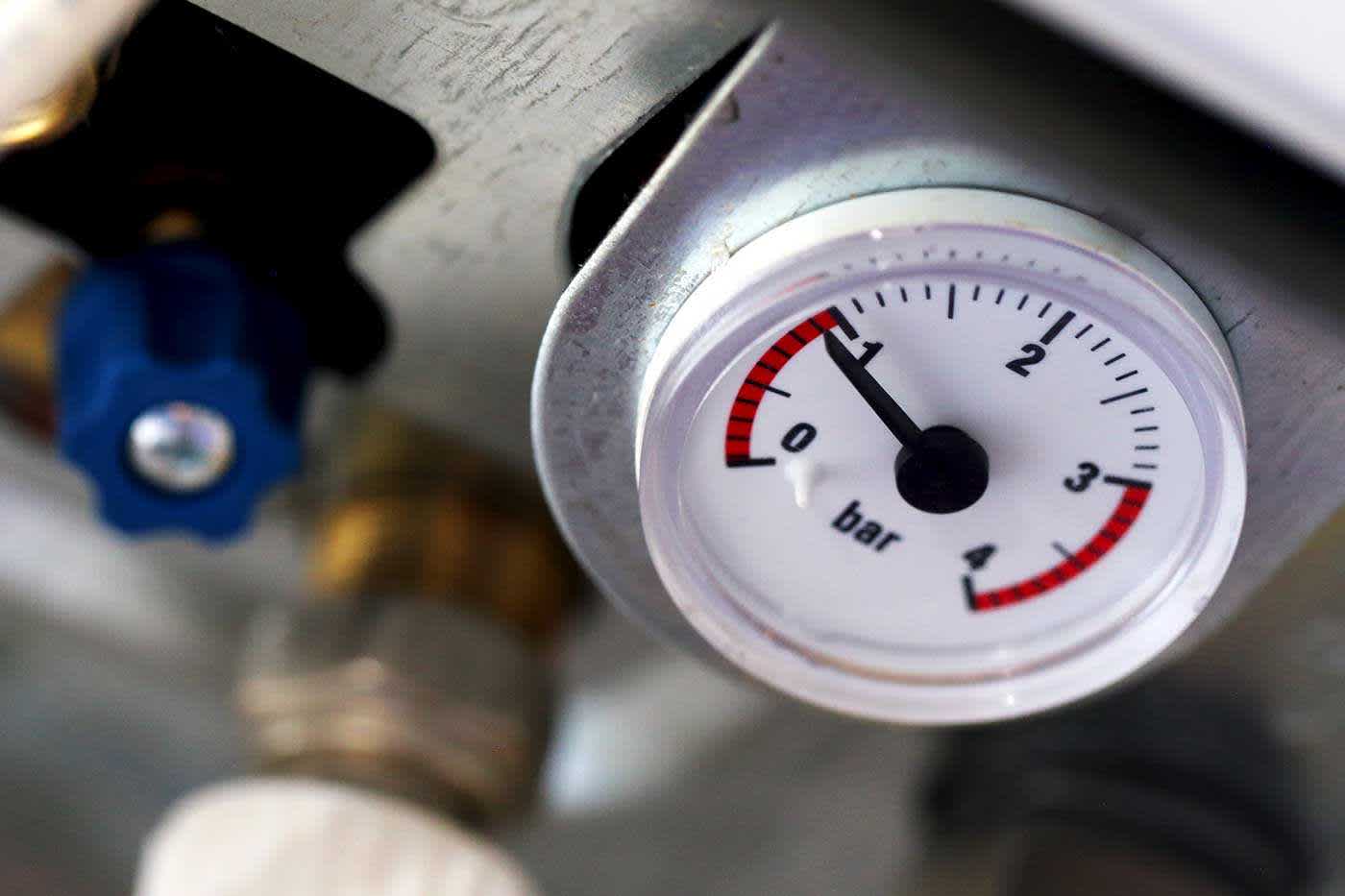
Will turning my water supply off affect my boiler?
Worried that turning off your water supply will adversely affect your boiler? This worry is usually caused by a fear of overheating, like boiling a kettle with no water in it. In reality though, your boiler is unlikely to be at risk of damage.
Whether you’re looking to safely switch off the hot water supply to your Combi, System or Heat only boiler, we’ll explain how to run your boiler without a water supply. If you’re worried about your central heating system, read on for advice from Ideal Heating.
What do I do if I find a water leak?
First up, if you have discovered a water leak anywhere in your home, whether that’s in your gas boiler, your storage tanks or anywhere else, turning off your water at the stopcock should be your first priority.
How to find your stopcock
Your stopcock is usually found underneath your kitchen sink, and is a tap or valve. Because they are rarely turned off, they can sometimes be hard work, but you or a strong neighbour should be able to do it.
Note that if you’ve changed the location or arrangement of your kitchen, the stopcock could be somewhere else completely – now’s a good time to find it so you know where it is in future.
What to do if you can’t find your stopcock
If you can’t find your stopcock, there should be another valve outside, possibly outside your property’s boundary. You’ll probably need to contact your local water authority to turn it off, partly because it might be shared with neighbours’ supply, and partly because you might need a special key to lift the cover.
How to deal with a water leak
Put a bucket or washing up bowl under the leak, and if you want to be extra safe, switch off your boiler and isolate your electricity at the main fuse box.
Stopping the supply of water might not stop the leak immediately. If a tank or cylinder is leaking, it may be that it needs to empty itself first - but at least it won’t be constantly re-filling itself. A leaking tank or cylinder will drain itself down to the level of the leak and then stop once the water is turned off.
What kind of central heating system do you have?
There are three main types of boiler setup, and they all provide hot tap water in slightly different ways:
A Combi boiler heats up water on demand, by passing mains water over a heat exchanger containing freshly boiled water circulating the other way.
A System boiler supplies mains water to a cylinder, which is heated up by hot water being circulated around it, rather like a radiator. The cylinder is under pressure from the mains, however. It draws hot water from the top and supplies pressurised cold water to the bottom, which is how pressure at the taps is maintained.
A Heat only (conventional) boiler is similar to a System boiler, but the cylinder is not under mains water pressure – the water pressure comes from gravity. That’s why the cold water supply tank is usually in the loft or another high point in the home.
In all three systems, however, the water that comes out of your tap is not the same water as that which is passing through the heat exchangers. The water that is heated by the boiler is in a closed loop, and is heated, cooled and circulated continually. The water that comes from your hot taps will be either direct from your mains, from a cylinder or from a loft tank.
Isolating your water supply will have no effect on the enclosed loop warming up radiators and exchanging heat to your tap water. You will only cut off the supply of water to the tanks, cylinders and taps.
Is it safe for your boiler to turn the water off at the stopcock?
If boilers didn’t come with a host of sensors and controls, it might indeed damage your boiler if you turned it on with no water to heat up. Your Combi boiler would be the worst affected, as the heat exchanger could suffer, but your cylinder and radiators would probably be fine.
How are Combi boilers affected by turning off water at the mains?
As long as your boiler is in good working order, you shouldn’t even have to worry about this small risk. A Combi boiler should shut down automatically if it detects a drop in mains pressure or if the temperature inside the system gets too high, as would happen without a supply of cold water.
How are System and Heat only boilers affected by turning off water at the mains?
System and Heat only boilers will continue to heat up the radiators, and you might even get a bit of hot water out of the cylinder, but that will dry up pretty quickly when there’s no pressure or new water entering the system.
Unless you turn on a hot tap, the system will carry on running as if nothing has happened. Turning on a tap will either have no effect or the boiler will shut down. All things considered, the risk of damage is extremely small.
Is there a likelihood of my pipes freezing?
We sometimes hear of people turning off their water supply before leaving the home empty for a few weeks in winter. Their reason is that they wouldn’t want to come home to a burst water main caused by frozen pipes.
It can be a sensible safety measure to isolate the mains water before going away in winter, although remember that if the pipes freeze and burst before the stopcock, it will still start to pour out once it thaws. That may or may not be inside your home.
The benefits of a smart thermostat
If you are leaving the house empty for more than a few days, it should be safe to leave your heating on, however, even if you do turn off the water. It can be useful to have your central heating ticking over on a low temperature while you’re not there with the help of a smart thermostat.
As well as keeping the inside of the house from getting too cold and causing condensation, in extreme cold, you could stop your central heating from freezing, especially if you have pipes running near external walls or in a conservatory.
To find out more about how to take care of your central heating system, take a look at Ideal Heating’s quick and handy Tips and advice pages.

















